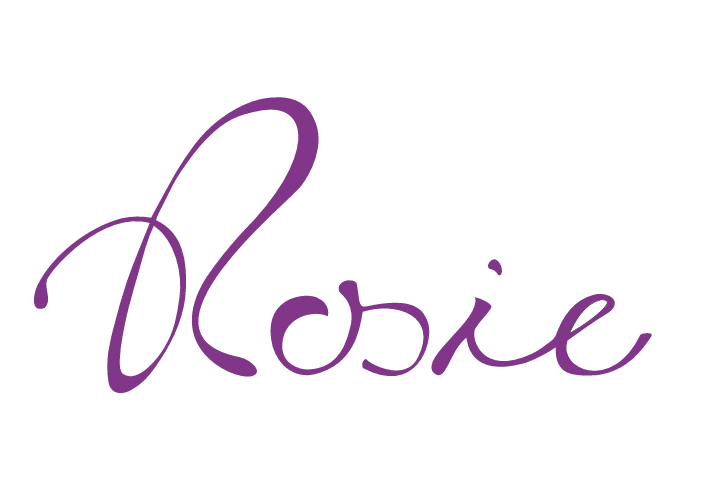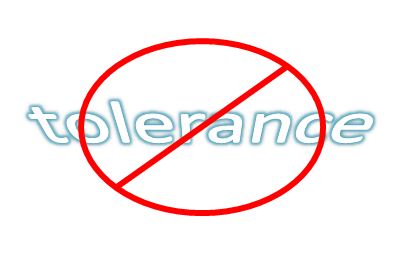Tolerance is a low horizon. It is often held up as a virtue which Australians should display to accommodate the nation’s diversity of human experiences. But it does not lead us toward our richest flourishing, and it is not magnanimous.
The word tolerance arises from the Latin tolerare, which means ˜to bear’ or ‘to endure’, From these origins, its meaning brings shades of ‘putting up with but not enjoying or approving’.
In recent years, the word has frequently appeared in public conversations and policies about diversity and multiculturalism. In these contexts use of the word ‘tolerance’ is mostly intended to communicate notions of non-judgmental acceptance. As a result of being used publicly and frequently in this way, its meaning may have shifted in these contexts to imbue it with these more positive intentions.
Regardless, the word is used in many other contexts without positive intentions and so its meaning of putting up with but not enjoying continues to be reinforced. The meaning planted in the origin of a word is not quickly erased.
If as individuals and a nation we wish to flourish most richly in our diversity we need generous public language to assist us; not begrudging language thinly draped with an intended meaning.
Begrudging language will elicit begrudging.
Generous language will elicit generosity.
Words are symbols and we respond to the meanings they carry both conceptually and emotionally. And the emotional response is often stronger. Language matters. It primes us.
Most human beings do not want to be tolerated. They want to be known. To be held with positivity in the mind of the person they are interacting with: to be seen by that person for who they are; for what hurts them, what expands them, what they have to give and to share.
Putting up with but not enjoying another person brings diminishment and dissonance. There might be nothing overtly wrong in the behaviours going back and forth, but two people are nevertheless being diminished. And usually, they both know it. Or they feel it. And the arising dissonance does harm: to relationship, to mental health, to physical health.
The use of the word ‘tolerance’ in diversity conversations gives a message that this diminishment is somehow OK.
It’s not OK.
Undoubtedly it is thought that tolerance is better than overt racism or classism; that it might serve as a half-way point on the journey to acceptance and inclusion. Perhaps so, but it is a low bar. Australia and Australians can do much better than tolerance. We can preference public and private language in ways which give us higher horizons; and help us reach them.
What language would serve us better than ‘tolerance’?
Some of it we already see: empathy, compassion, openness, shared humanity, acceptance, transformation.
But there is much, more rarely seen in public: kindness, love, forgiveness, generosity, grace. The latter are words long eschewed in public language. Their emotive power is hard to box and contain.
But the power of positive emotion is exactly what is needed in Australia’s diversity discussions. We don’t want it boxed and contained. It needs to be spread if gracious acceptance and inclusion are to become our norm. It is emotion that sets us in motion. It is what powers us to move toward our better selves. Not rampant emotion, not out of control emotion, but that emotion which stirs us deeply to find new courage. Language can lift us. It is why orators who authentically use such language move us so powerfully.
The authenticity matters.
Inauthentic use of powerful language creates dissonance in itself. Across diversity then, to progress ourselves and to positively influence others, we need to feel as well as talk-up kindness, love, openness, forgiveness, generosity, empathy, compassion, acceptance, shared-humanity, grace.
Can this be done at a nationwide level?
Social psychology shows that meaningful cross-cultural contact permits us to see members of a different group as individuals, rather than in a depersonalised way; and that it creates context in which common identities can be formed. This is not to say that one’s own valued identity is lost; rather it can be deepened.
Intentional cross-cultural contact takes time. And we are a time-poor culture. But one or two positive experiences can stimulate appetite for more. It is worth making time for such experiences. We live in a diverse world not just a diverse nation. If ever a time existed in which there was uniformity it cannot easily be found today. Diversity is not really new. It’s always been with us. But often unhealthily underground. Better that we embrace diversity with wisdom. There’s a lesson from nature here: earth’s ecosystem flourishes because of diversity.
Warm relationship combined with reflection is powerful for transforming our attitudes. These conditions can be brought to interactions across cultures, classes, genders and all diversity.
John Dewey’s wise words are relevant here: ‘We don’t learn from our experience, we learn from reflecting on our experience’.
When we reflect, we bring language to our experiences. Language enables us to process those experiences and our emotional responses to them. This is why time is needed to think and converse together positively about diversity. Such reflective processing can bring us to the authentic use of expansive language. This then inspires others.
And all of this supports the magnanimous holding of that tension which is upon us all: that not all difficulties have immediate solutions. Many, we must abide with dignity and hope while we ait for the change-wheel to turn. And while we turn it.
But don’t tolerate tolerance. Raise the bar to kindness and grace.
Rosalie Martin | Criminologist | Speech Pathologist | 2017 Tasmanian Australian of the Year
First published in Tasmania’s The Mercury newspaper on 27th July, 2017.
Tasmania’s Australians of the year for 2017, Rosalie Martin, Mitch McPherson, Margaret Steadman and Anthony Edler, explored the meaning of Australian identity at a public forum at the University of Tasmania on Thursday August 3. 2017. The event was hosted by the Institute for the Study of Social Change and sponsored by Australia Post. It can be livestreamed here.

